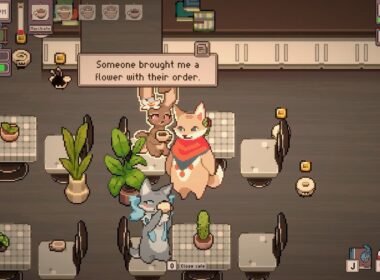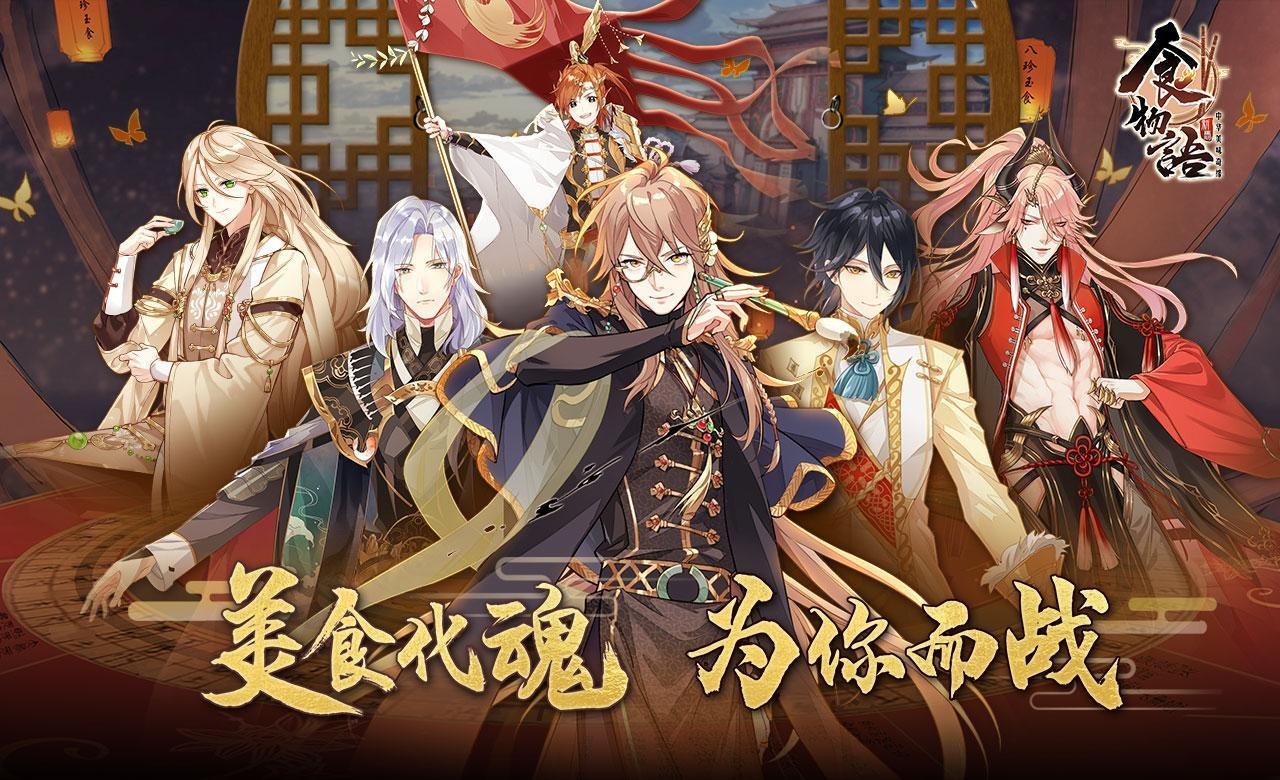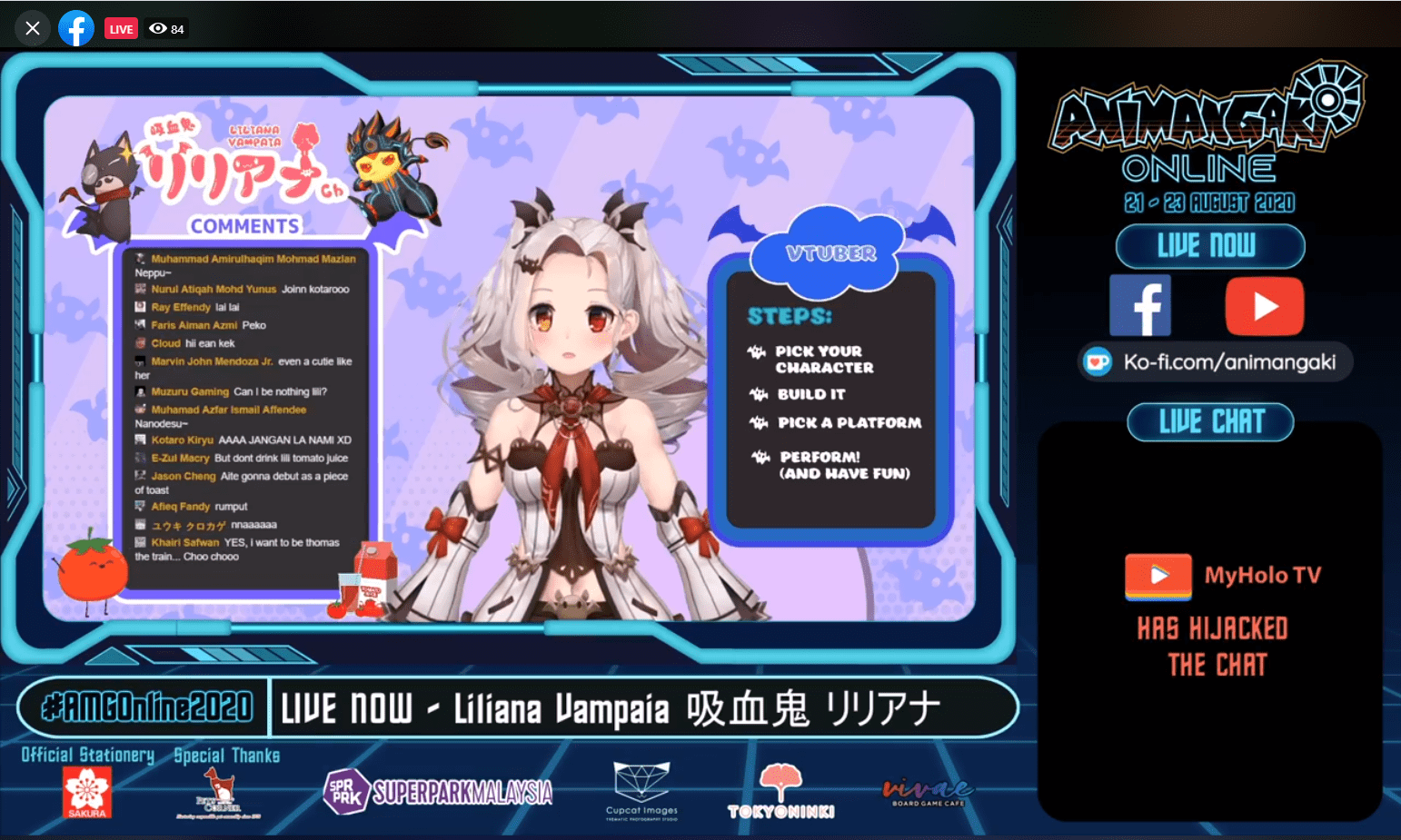Produced by: Guangzhou Tianti Network Technology Co. Ltd & Tencent Interactive Entertainment
Distributed by: uBeeJoy Games
Platform: Mobile (Android, iOS, APK)
The Tale of Food (食物语) is a Chinese mobile RPG card game aimed at women where players can go on adventures with personifications of various dishes from Chinese cuisine. Due to overwhelming fan demand, The Tale of Food has decided to expand its horizons into Southeast Asia by introducing a joint server for Singapore and Malaysia!
The story begins in a place called Kong Sang (空桑), a sacred land filled with beings known as “Shi Hun” (食魂) or “food souls”. One day, Kong Sang was unexpectedly attacked by Yan Xian Tan (宴仙坛), causing destruction to the area. A magical book called Shi Wu Yu (食物语) or The Tale of Food was destroyed in the attack, causing the food souls to scatter across the world. As the master of Kong Sang, you are tasked with returning all the lost souls to their rightful home.
Overall Gameplay
First off, let’s get to know the game! If you have played Food Fantasy, you will find the structure quite familiar. Essentially, players have to build up their deck and use their food souls’ cards to defeat bosses from various default in-game maps or event-exclusive maps. They can gain cards which range from Imperial (御), Rare (珍), Valuable (尚) to Good (良), from scouting (which is referred to as “summoning” in the game) and other methods, like collecting food soul pieces or drops from maps.
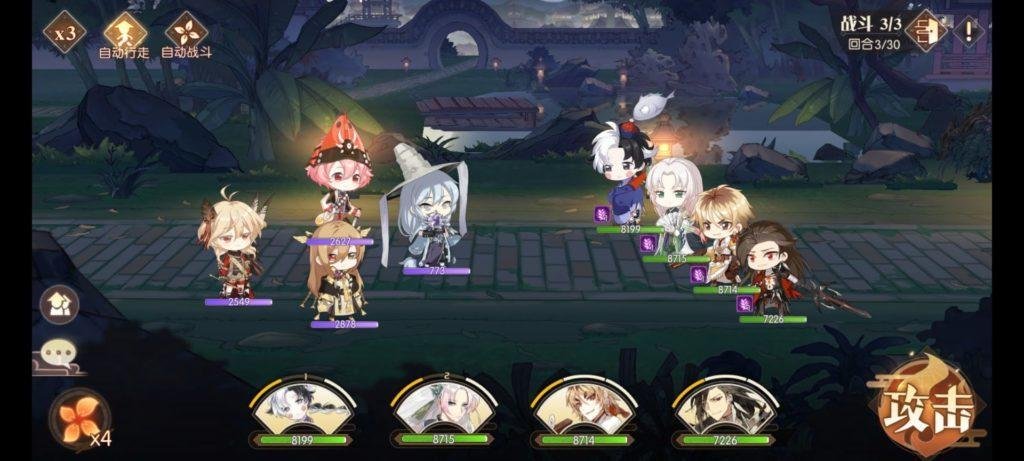
After gaining cards, you of course have to improve their stats in order to be able to pass maps more easily. This can be done by levelling up the cards with rabbit buns, as well as limit-breaking the cards using the same cards or a card called “seasoning” (调料). Players can also opt to pay to upgrade their cards if they have the means to do so.
Aside from completing maps, players can also challenge random people or their in-game friends to a duel. This option is called “Cooking Battle” (厨艺大赛). Players battle one another using their customised teams to earn flat peaches (蟠桃), which can be exchanged for rewards.

There are also many other functions that players can explore and have fun with. Here are some of them:
- Guild (协会): Players can join a guild of their choice to clear guild-exclusive tasks and gain rewards.
- Team (组队): Players can team up with other players to face bosses in certain side maps.
- Kitchen (厨房): Players can assign food souls to cook certain dishes.
- Restaurant (餐厅): Food that has been prepared will be served here. There are specific tasks that players have to complete daily to earn rewards.
- Home (家园): A customisable area where 4 food souls of your choice can hang out. Players can also visit other players’ spaces, leave likes and gain rewards during their visit.

So What’s The Hype About?
Eye candy to satisfy your fantasies
There is no denying that the main attraction of the game is its characters. Much like Food Fantasy, the characters are personifications of various food dishes. However, the main focus in The Tale of Food is Chinese cuisine. The character list includes popular dishes such as Peking Duck (北京烤鸭), Chinese Fried Rice (扬州炒饭), Dumpling (饺子) and even Mapo Tofu (麻婆豆腐).
These characters are not only designed to match the appearance of each dish, but are also given a lot of personality that somehow matches how the dish is presented. Not to mention the brilliant voice acting by well-known Chinese voice actors, like Zhang Jie and Wu Lei, that really make the characters come to life.
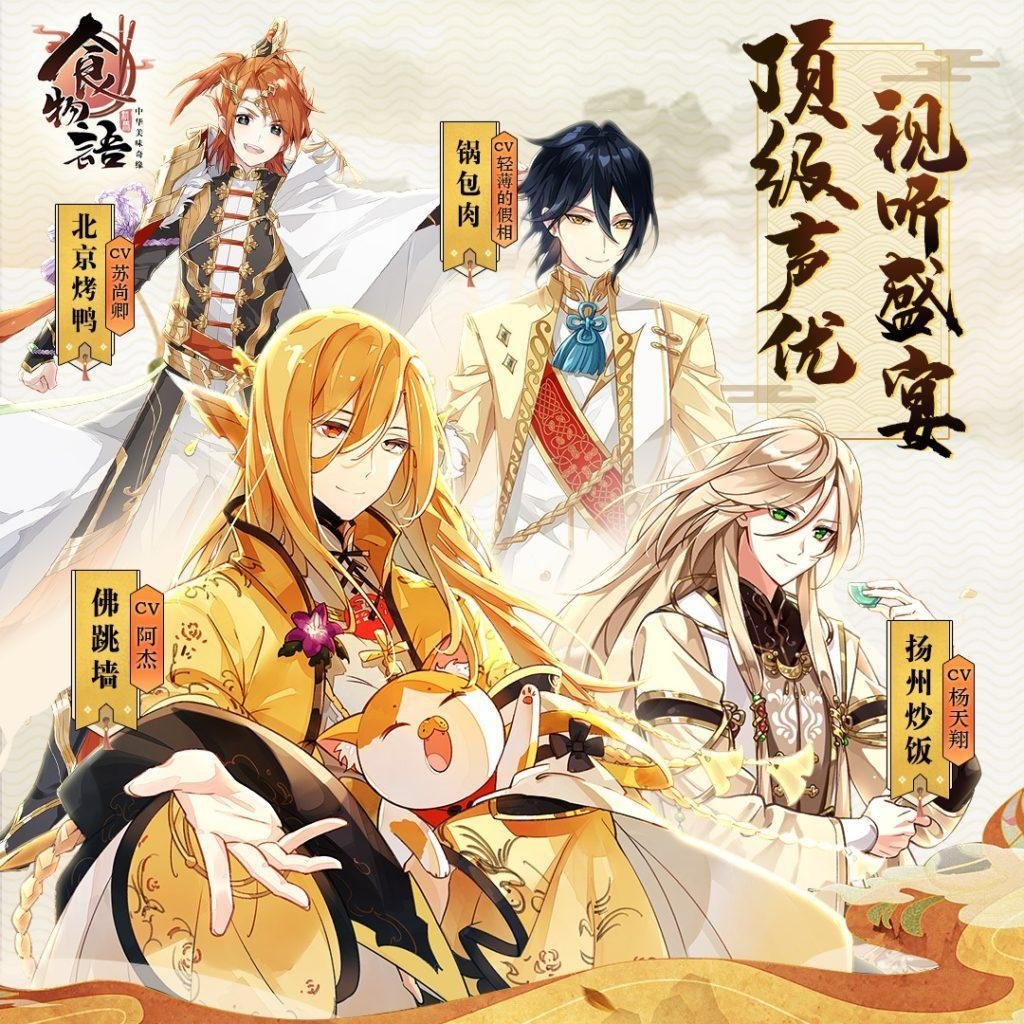
Aside from that, there are exclusive outfits (时装) which players can either purchase from the store, exchange for during events or obtain by limit-breaking the characters to a certain stage. These outfits can then be equipped to the character’s card and displayed during and out of battle.
Personally, I was definitely lured in by the good-looking characters before the official release of the game. Throughout my 90+ days of playing the game, I enjoyed the interactions between each character and getting to explore a new side to them.
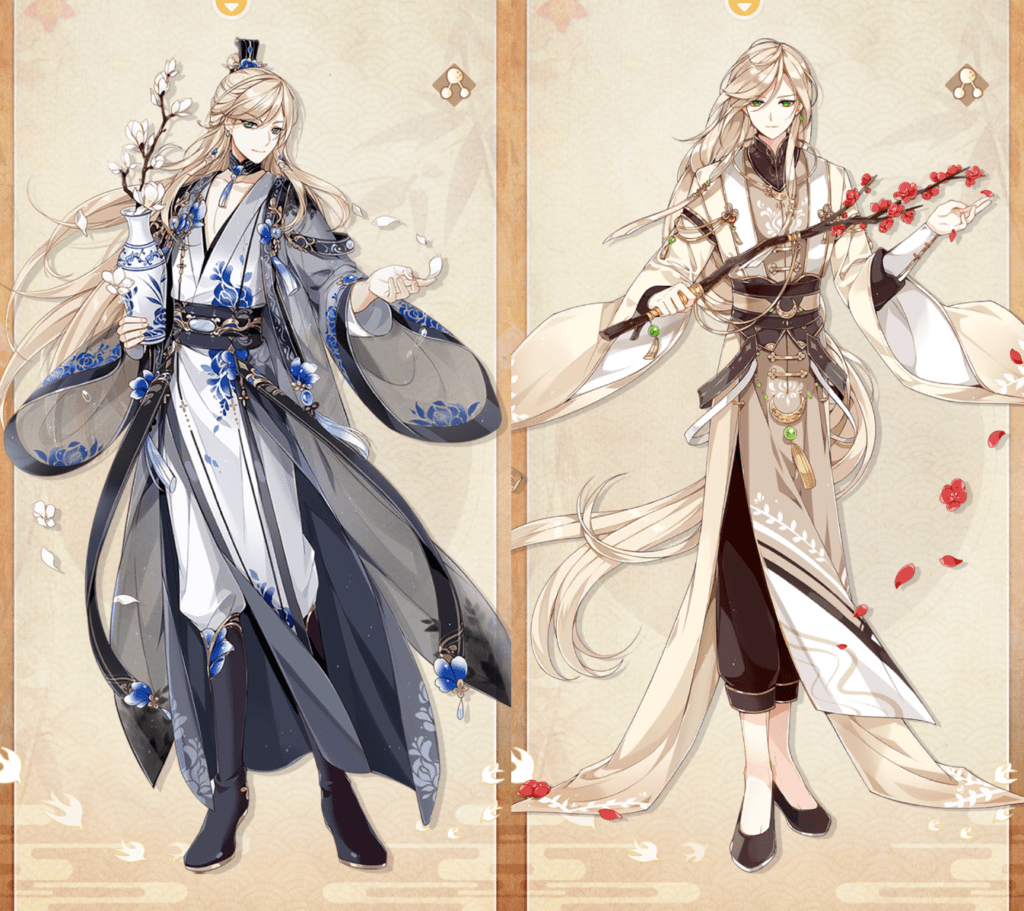
Source: Bahamut Taiwan Gamer Forum
Get to know your dishes!
In the game, there is a mechanic called “level of affection” (好感度). As the name suggests, it’s the bond between you and the character. A bond can be leveled up by giving presents to a character.
By increasing the bond, players are able to unlock special side stories, new character voice lines, character-exclusive information, and other in-game items. This function allows players to get a more in-depth understanding of a certain character by getting to know their background, personality, likes or dislikes and many more. It even includes information about the actual dish, like how it’s made and what the ingredients are. This helps to spread the knowledge of traditional Chinese cuisine to a wider audience. You might be surprised by the deeper meanings behind every dish!
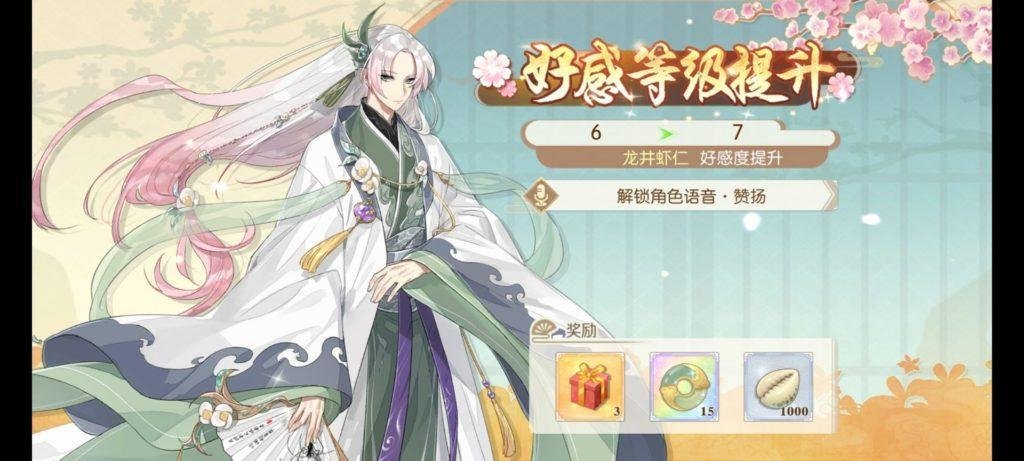
It’s Gacha Time!
Yes, there’s no denying that gacha is one of the main selling points for the game. Like every gacha game out there, it all depends on your luck in scouting for new cards of high rarity. However, the curiosity and excitement of what cards will you get, as well as the satisfaction of pulling the card that you have been saving up for never gets old. It’s like spending money to have a great date night, or finally purchasing a figure that you’ve been wanting to get for so long. Of course, to enhance and extend that joy to another level, you can also pay to unlock even more goodies.
Besides that, there is usually at least 1 new character introduced during events that players can only get during the event’s time frame. Because of the exclusivity of these cards, players will feel excited and determined to scout without getting bored.

Trivia
- The Tale of Food has a total of 3 independent servers which include the mainland China server (simplified Chinese), the Taiwanese server (traditional Chinese), and lastly the Singapore & Malaysia server (simplified Chinese with some regional accents or phrases). Each server has limited cards that are only available on that server. For example, Bak Kuh Teh (肉骨茶) and Black Pepper Crab (黑胡椒蟹) were the Singapore & Malaysia server’s exclusive cards.
- The Tale of Food SG & MY has an official website, discord server, Facebook page, Instagram, Twitter and YouTube. Activities outside of the game such as giveaways and competitions will be held from time to time through social media. For example, they held a recent campaign where fans had to share and comment on a certain post to stand a chance at winning RM20 worth of Razer PINs.
Verdict
If you’re into handsome guys and love food, go ahead and give it a try! Though the game is currently only available in Chinese, it’s easy to understand, and with a little help from the community you should be able to explore this great game without much hassle!





